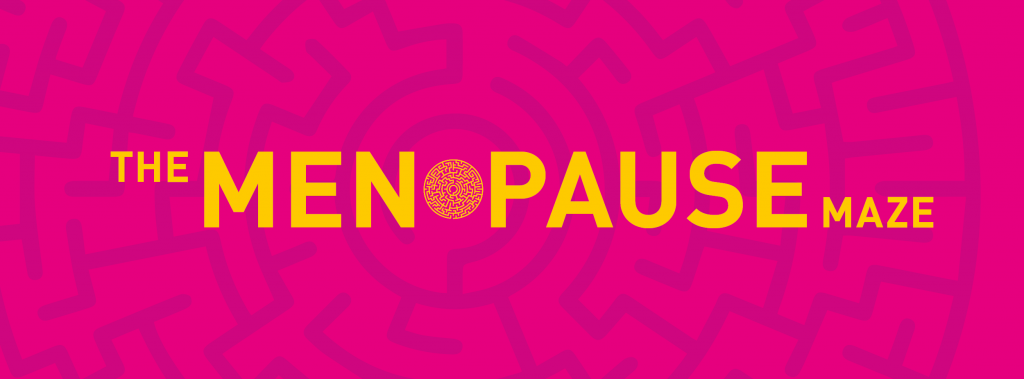As part of our Meet The Singing Dragon Author series, we speak to authors to discuss their motivation for entering their respective industries, inspiration for writing their books, what challenges they faced, and who they would recommend their books to. Is there a specific Singing Dragon author you would like to hear from? Let us know in the comments or join the conversation using #MeetTheSDAuthor.
 Pam Conrad, author of Women’s Health Aromatherapy
Pam Conrad, author of Women’s Health Aromatherapy
How did you become interested in aromatherapy?
As a nurse, I’ve always been interested in complementary therapies that enhance health and wellbeing and offer support for the side effects of medical conditions and treatments. Prior to aromatherapy, I studied herbal medicine and nutritional therapies so it was a natural addition for holistic care.
I’ve also always loved pleasant scents and flowers so the idea of a clinical therapeutic modality with beautiful scents was very appealing to me. Continue reading
